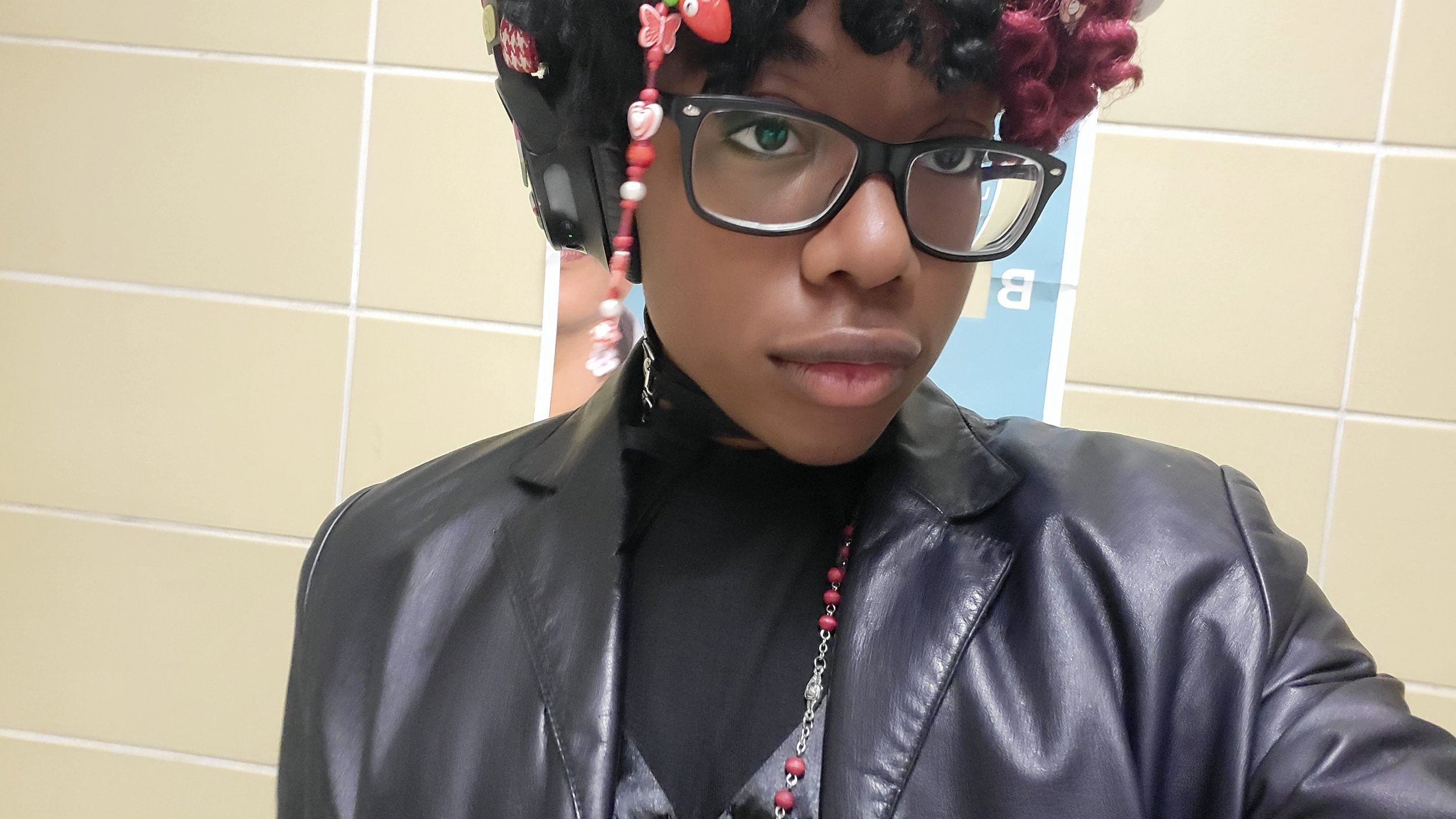Tommy is a first-year Biomedical Sciences student at Toronto Metropolitan University. At 19, he’s the youngest member of the NYAC!
Tommy Akinnawonu, NYAC member
Despite being relatively new to the council, he has already participated in several NYAC group consultations for research projects external to CHILD-BRIGHT, including one that explored virtual reality therapies for children with attention-deficit/hyperactivity disorder (ADHD).
He was also a youth research partner with One Child Every Child, a research initiative with a vision for all children to be healthy, empowered, and thriving.
Tommy, who is Black and queer, lives with ADHD and autism. “My lived experience with brain-based disabilities is very different due to my Blackness,” says Tommy. “It's also difficult with the added layer of my queerness.”
His younger brother, for whom he helps care for, is also on the autism spectrum. Tommy has seen how people react to him and his brother when they’re out in public together, especially if they’re talking or stimming. (‘Stims’ are self-stimulatory behaviours that involve repetitive movements or sounds, like humming or rocking back and forth). “I’ve noticed a much crueller response to us,” says Tommy. “Especially towards my brother.”
One symptom of Tommy’s autism is alexithymia, or difficulty experiencing, identifying, and expressing emotions. He explains how masking, or suppressing his natural autistic traits, fuelled his alexithymia: “I didn't know what I wanted or didn't want, when I was being appreciated or disrespected.”
Because of these experiences, Tommy feels strongly about being open about his identity. “To me, self-advocacy is about demasking,” he says. “Being unapologetically myself allows other marginalized people to identify me as a safe person, which means I can help advocate on their behalf.” Outside of his studies and research, he’s passionate about disability justice and crisis intervention, and does harm reduction outreach in Toronto.
An enthusiastic student, Tommy is hoping to minor in Disability Studies. His favourite course this semester is on tangible human-computer interactions. He’s currently prototyping a tool to help people with genetic medical complexities and disabilities better understand their conditions.





